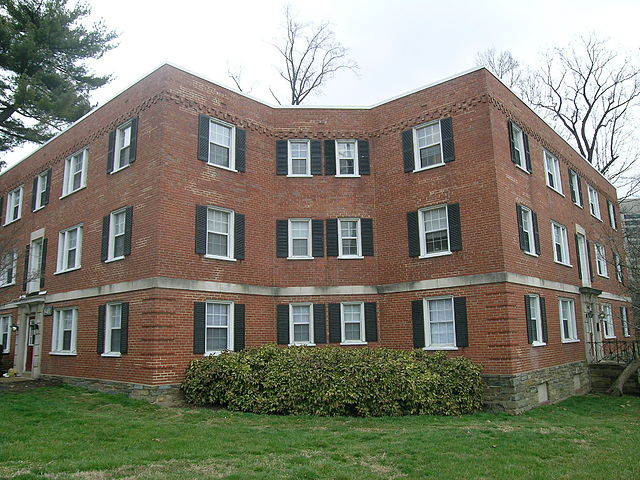After Billions in Real Estate Tax Giveaways, Taking Away Families’ Housing Assistance Is the Wrong Choice

Photo by Ser Amantio di Nicolao via Creative Commons
The Trump administration and Republicans in Congress have proposed major changes to federal housing assistance that would lead to dramatically higher rents for families that already struggle to keep a roof over their heads. In the wake of a new tax law that handed out billions to powerful real estate interests, these proposals put thousands of Maryland families at risk of becoming homeless or being unable to afford other necessities. Rather than arbitrarily hiking rents, the federal government should expand housing assistance to at least cover the families who are eligible for current programs but are still left to face high housing costs with no help at all due to insufficient funding. About 77 percent of people eligible for housing assistance don’t receive it.
The Trump administration plan would raise rents for 64,000 Maryland households (128,000 people), hitting each with an average increase of 20 percent. These rent increases are the result of several changes the plan would make to the formula used to calculate families’ rent responsibilities:
- The proposal would raise most families’ rent responsibility from 30 percent of income to 35 percent, an amount the federal government considers unaffordable.
- The proposal would eliminate all deductions families can claim when calculating their income. This would mean higher rents for elderly families with high medical costs and for working parents who face high child care costs.
- The proposal would triple the minimum rent that the lowest-income families are expected to pay, putting many at a higher risk of losing their homes.
- Finally, the proposal would allow local housing agencies and even some private property owners to impose counterproductive work requirements—potentially kicking families off housing assistance at the same time as the plan creates new barriers to work by eliminating the child care deduction.
Meanwhile, the proposal under consideration in the House of Representatives would allow state and local housing agencies to choose from a menu of standards for eligibility and families’ rent responsibilities, creating a confusing patchwork of rules. This could mean higher administrative costs to ensure housing agencies are complying with federal law. It would also force families into a bureaucratic maze if they want to look for housing in multiple jurisdictions—such as if they want to move to a neighborhood that offers better opportunities for their children. The House bill would also hike rents on tens of thousands of Maryland families, with housing costs potentially increasing by as much as 40 percent.
The fact is, housing assistance is an effective investment that reduces homelessness, provides modest help to seniors and people with disabilities, opens up opportunities to children, and can help families stay healthy. As currently designed, the program’s biggest flaw is that it reaches only a small share of the families it could help. Because housing assistance is not a guaranteed benefit, Congress consistently funds it well below the level that would be needed to serve all eligible families. This means that three out of four low-income families—including millions of children, seniors, and people with disabilities nationwide—face rising rents with no help at all. Rather than saddle the families who currently receive modest assistance with higher rent burdens, Congress should make enough funding available to offer assistance to all eligible families.
